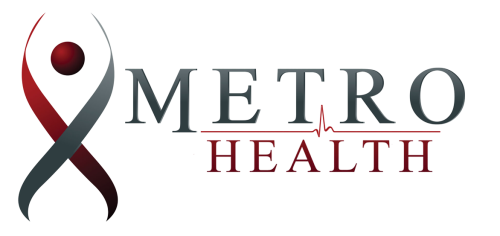When we’re working, the thought of retiring someday sounds very appealing because it seems like a vacation that never ends. Imagine never having to go back to work after your time off! No more deadlines, no more rules, no more schedules, just a permanent state of doing whatever you want.
For most people, the first few weeks of retirement can be just like that, and it may help you decompress from the day-to-day stress and pressure of a job. However, that type of retirement almost always leads to an unsatisfying sense of boredom and an existence that isn’t fulfilling. This is why so many retirees find themselves looking for hobbies or activities, as well as ways to stay socially engaged with friends and family.
There are plenty of reasons to avoid slipping into that type of retirement, both emotionally and physically. There’s a good chance that working has taught you some important time management skills. Those skills can still serve you well in retirement by helping you maintain an active, fulfilling life.
One of the most impactful habits you can get into is to design a morning routine that serves the life you want to live. Research has shown that, if you substantially reduce activities grounded in creativity, productivity, and adventure, it’s not good for your cognitive health and neuroplasticity. In fact, one of the keys to maintaining your quality of life during retirement is to focus on staying happy and active with experiences that help you continue to grow and feel fulfilled.
Your morning routine is important because studies have shown that your mood at that time of day determines how productive you are for the rest of the day. And since a happy life is made up of a series of happy, fulfilling days, making your morning routine a daily habit is a great step in the right direction. Plus, the morning is when you typically feel well-rested, which means it’s the time of day when your willpower is at its strongest. In other words, it’s a great time to start and maintain routines that will help you live a happy life.
Good routines lead to good habits.
It’s estimated that approximately 40 percent of all human behavior is the result of habits. This includes behaviors that are beneficial to you – such as getting exercise, eating right, visiting with neighbors, and keeping your home clean – as well as those that may not be beneficial, like watching too much television, eating junk food, and spending too much money.
It’s a good practice to not completely abandon the idea of managing your time and keeping a schedule just because you’re not working anymore. Ideally, your days should be filled with a handful of activities you enjoy and that you find satisfying. They should include some light physical activity, social interaction, and mental stimulation, along with mundane tasks, like your household chores.
You’re going to need some kind of time management system, whether it’s a calendar on your phone or an old-fashioned paper one you keep manually. The big difference between a retirement calendar and a work calendar, though, is that you’re not accountable to anyone but yourself, so you can adjust it as you see fit.
Most important, learn to slow down and enjoy what you’re doing, instead of trying to get from one completed task to the next. If you’re pressuring yourself because you’ve packed your schedule with too many obligations, you could be missing out on one of the most enjoyable parts of retirement: Time to spend your days doing things you love with people whose company you enjoy.

